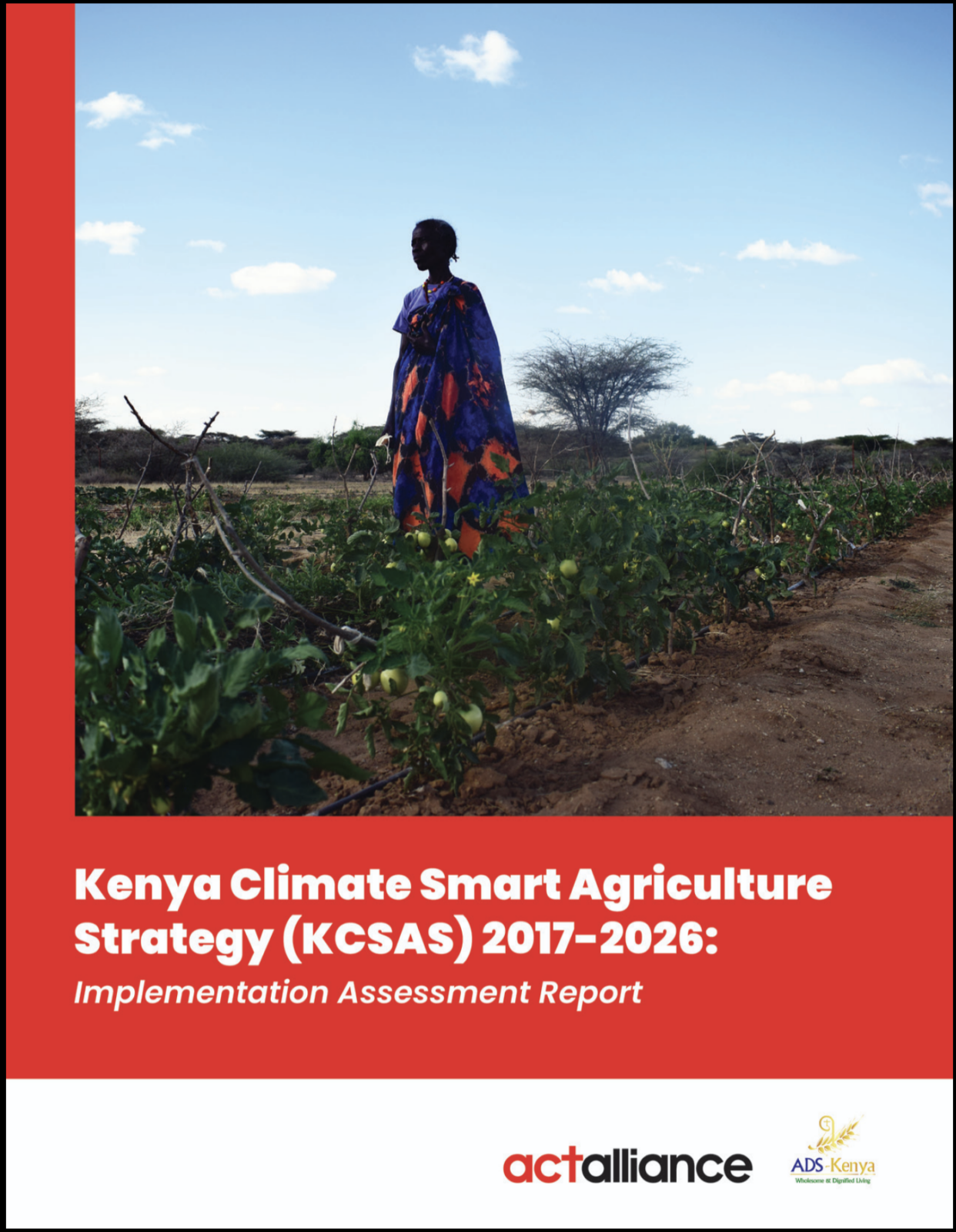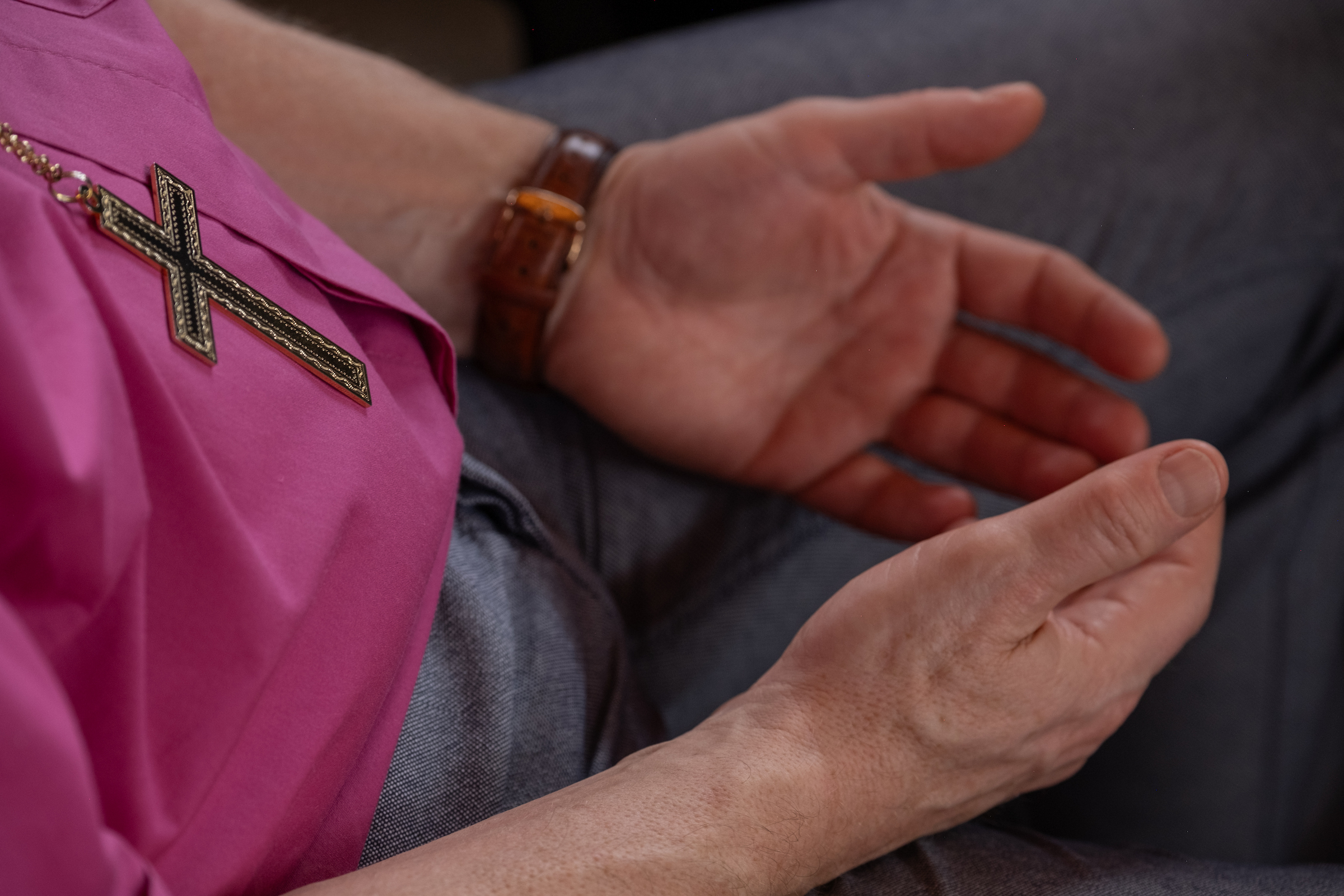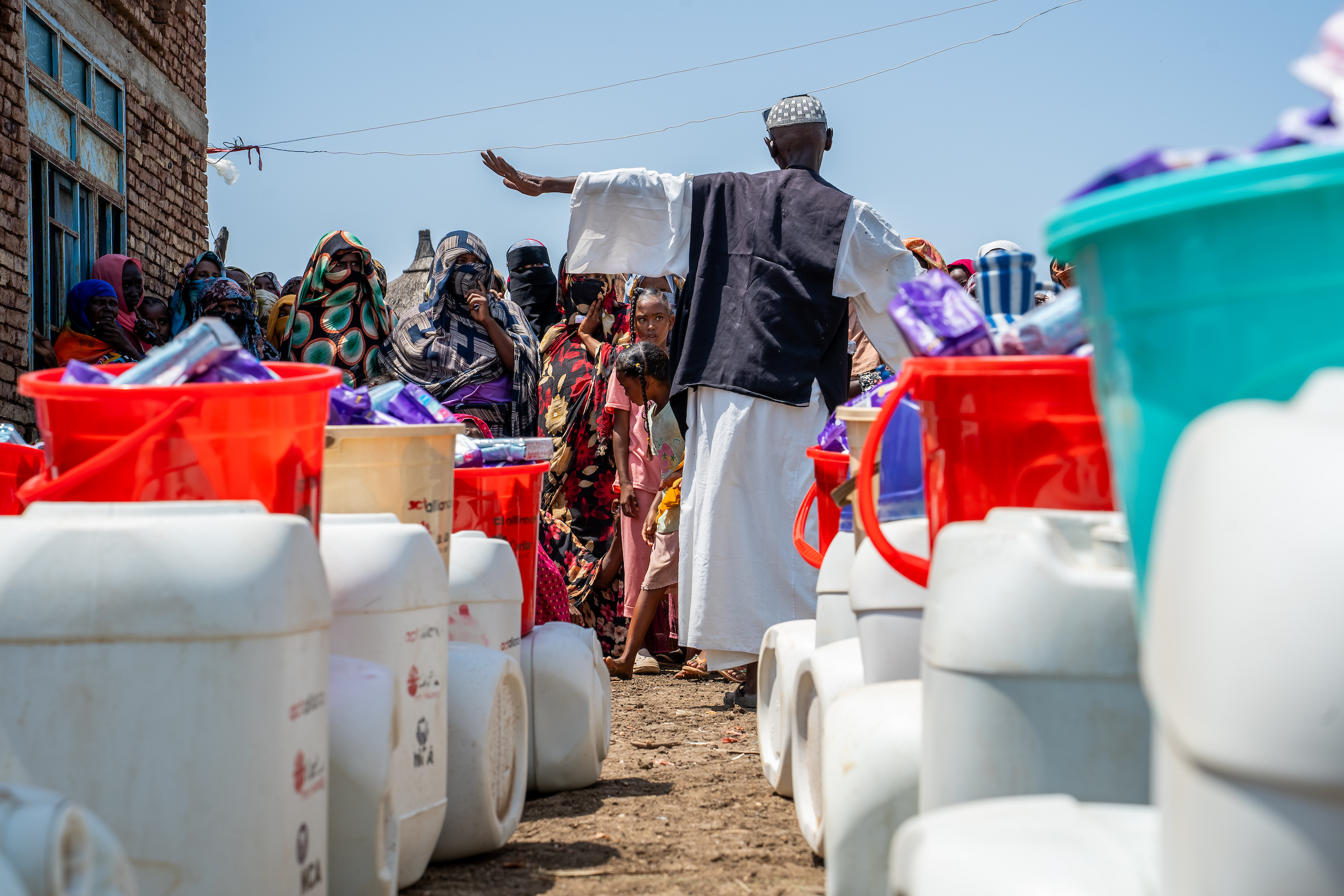FOR IMMEDIATE RELEASE
NOVEMBER 22, 2024
BAKU, AZERBAIJAN. ACT Alliance is extremely disappointed in the new text offered on the New Collective Quantified Goal for climate finance today at COP29. This conference has been called the “finance COP”, yet this document does not provide anywhere near enough funding and there are no arrangements to hold developed countries to account.
“Are developed countries running from the bill?” asked Mattias Söderberg, co-chair of the ACT Alliance climate justice reference group. “There is a clear understanding that the needs for finance for mitigation, adaptation, and loss and damage of at least 1.3 trillion USD, and that this needs to be primarily driven by public finance in the form of grants, not loans.”
“The current text is clearly not close to what will be agreed here in Baku,” said Illari Aragon, climate justice policy lead with ACT member Christian Aid. “The finance number is much too low and the crucial issue of loss and damage has been removed. This current text is morally unacceptable considering it is the rich world that has caused the climate crisis and the global south that is bearing the brunt of it.”
The text completely fails to provide the scale of financial resources necessary to address needs and priorities in developing countries. Developing countries called for $1.2 to $1.3 trillion per year as a mobilisation goal, with at least $600 billion as public finance grants. The amount of $250 billion in the latest text is a marginal allocation of climate finance that is not only insufficient but also undermines the trust and cooperation required to achieve meaningful progress. “$250 billion is more than unwelcome and developed countries must ratchet up their commitments,” said Julius Mbatia, global climate justice programme manager with ACT Alliance. “Vulnerable countries cannot pay for climate action.”
While the text recognizes $1.3 trillion, it gives until 2035 to achieve it, and there are no clear definitions of where this money is to come from, and will be relying heavily on financial markets. ith no definition of climate finance- what the money will be used for – there is no way to hold developed countries accountable for their climate action. “Talk is free, but without concrete action the words are empty and meaningless,” said Andrew Fuys, Senior Technical Advisor, Climate and Migration for Church World Service, and member of ACT’s Migration and Displacement Reference Group.
This current text is morally unacceptable considering it is the rich world that has caused the climate crisis and the global south that is bearing the brunt of it.Illari Aragon Climate justice policy lead, Christian Aid
Developing countries need transparency and certainty on grant levels to plan effectively and respond to the climate emergency. The previous draft, which had its own issues, at least included language clearly requiring that financial support be “additional to official development assistance and other official flows and does not include non-concessional loans, export credits, or any other debt-inducing instruments.” This paragraph has been removed entirely.
We firmly reject any proposals that fail to clearly and explicitly demarcate financial support for addressing loss and damage as a stand-alone pillar of climate action. Treating loss and damage as an indistinct component of broader climate finance is inadequate and unacceptable, which will lead to siphoning funds from adaptation finance, which is already under-represented in climate finance. “Without clear allocation of funds to address loss and damage, vulnerable communities remain at risk,” said Lizzy Harnett, COP29 delegate for The Episcopal Church.
Human rights is missing from the text, and mention of young people has also been removed. “Without human rights and gender-responsive approach to climate finance the most affected will continue to pay the price for the historic actions of developed countries,” said Katherine Braun, Policy advisor of the Ecumenical Centre of the Lutheran Church of Northern Germany and member of the ACT Alliance migration and displacement reference group.
“It is unacceptable that young people have been removed from the text; ignoring our voices in climate finance endangers not only our generation but the future of our common home and its people,” said Romario Dohmann, LWF Delegate and member of the Evangelical Church of the River Plate/ ACT LAC regional forum.
“It is a huge concern that women and girls are only mentioned based on their vulnerability. In order to ensure climate justice the NCQG should include gender responsive actions and enable local community-, women- youth- and indigenous-led actions,” stated Margareta Koltai,from Act Church of Sweden.
This draft does not do enough, ambition is lacking, and action must be taken now to address the needs of developing nations. “Recognising the need is no longer enough; we need to see bold ambition and decisive action on climate finance to tackle the climate emergency head-on,” said Elena Cedillo, Program Executive for Climate Justice with the Lutheran World Federation and co-chair of the ACT Alliance climate justice reference group.
“We need to see countries working much harder in the coming hours to strike a deal which really provides the transformational climate finance that can accelerate the global energy transition and truly support vulnerable communities dealing with extreme weather,” concluded Aragon from Christian Aid.
Recognising the need is no longer enough; we need to see bold ambition and decisive action on climate finance to tackle the climate emergency head-on.Elena Cedillo Co-chair of the ACT Alliance climate justice reference group





